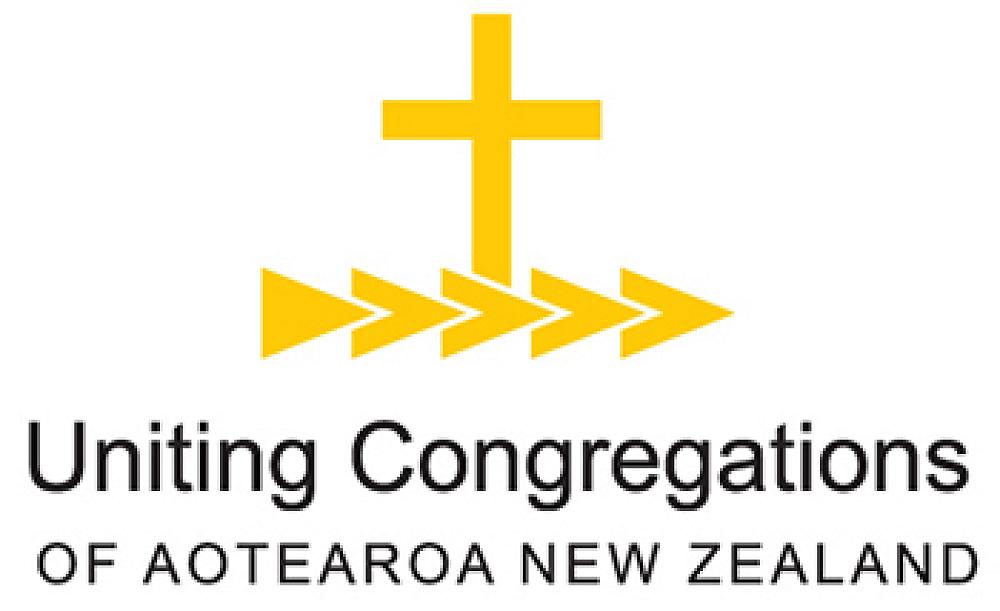
Moving Forward
A couple of months in, and I am finding my way through the structure and processes of UCANZ and the ecumenical relationships between the partner churches.
What is front and centre at the moment is the upcoming Biennial UCANZ forum where part of our business is appointing a new Standing Committee with its officers for the next two years. This year the forum is set down for Crossway Community Church, Christchurch. Crossway, under the leadership of Rev Joohong Kim, is our newest Cooperating Venture, in our newest Church buildings. The forum is scheduled to start at 7 pm on Friday 28 and finish on Sunday the 30 April.
Our theme this time around is ‘Resourcing the Future’. Our guest speaker is Dr Peter Lineham. We’re drawing on his expertise as one of this country’s preeminent historians and a key driver in the National Church Life Survey. In separate offerings Peter will be addressing three questions:
- Where we are today – the state of the Church.
- The cultural milieu – the challenges we face.
- Lessons from history – how we might move forward.
We are also planning a ‘resources fair’ where enthusiasts get to promote their passion for such tools as Alpha, NCD etc.
It is appropriate that we are having our forum hosted by Crossway in Christchurch. As a CV Crossway is one of our success stories. It started as an LEP (Local Ecumenical Project) where two congregations – Shirley Methodist and St Columba Presbyterian - decided to move in and live together. A kind of de facto relationship. While they worshipped together and shared one minister, they maintained separate financial systems and decision-making structures. Ultimately, some seven years later they decided to ‘marry’, and formed a union church, settling on a site and building a new complex in partnership with the Baptist Union. The congregation moved seven times after the earthquakes and continued to grow with each shift, where the average age has come down and the cultural diversity expanded significantly.
I’m bemused by the avowed reluctance of a number of our ecumenical partner denominations to enter into any more CV arrangements. Given the denominational struggle to maintain Christian witness and ministry in so many parts of the country, we need to be looking to the model as the seedbed of a way forward - something that can be strengthened and encouraged and allowed to find its unique way of being an expression of the body of Christ in whatever community it finds itself. Given the challenges that the partner churches all face, perhaps it is time we saw CVs as a laboratory, as an opportunity to give them greater freedom in trying new ways of being the church.
We could be fruitfully exploring ways together of allowing greater freedom and autonomy for our CVs, and seeing in them an opportunity for experimenting with ways in which we can break free from some of the structures of the past, and of our denominational polity. These at one time enriched our lives yet threaten to consign us to irrelevance as anachronistic practices continue to limit our capacity to engage the world as it is. At the very least let’s allow ourselves to hold up a mirror and have a conversation about what we see of who we are.
